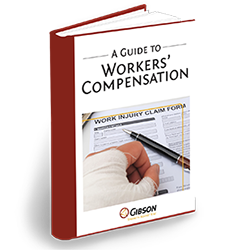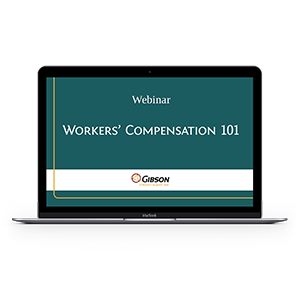Workers’ compensation claims can be costly.
You know that. As a safety or human resources professional, you often have the daunting task of analyzing how workers’ compensation claims are impacting the company. If you don’t have the right tools and information, you are potentially missing key indicators.
It begins by understanding what factors can have an impact on workers’ comp claims. Download our Guide To Workers' Compensation eBook to learn about:











